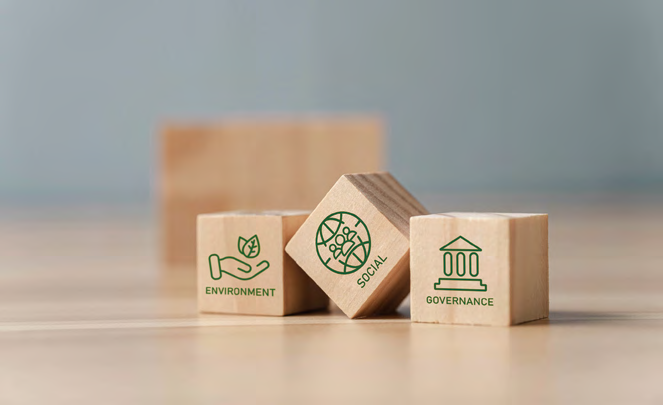


The secretariat of SAC issued the notification on the approval of setting up the Standardization Research Group on Environmental, Social, Governance (ESG) on April 18.
Liu Xuexin, President of the China ESG Research Institute at Capital University of Economics and Business, served as the convener, and Ding Qing from the China National Institute of Standardization served as the deputy convener. There are 17 members in SAC/RG 2, who are experts from scientific research institutions, universities, and enterprises.
SAC changes the previous work mode of “research first, standard later” by taking standards into account at the early stage. The research group is a new-type technical organization mode, enabling early layout, and carrying out overall planning from the top level.
The group is named SAC/RG 2, which focuses on the ESG field, follows the practice and activities of ESG in domestic industries to delineate standardization development paths, as well as policies, mechanisms and strategies on standardization at home and abroad. It will put efforts into developing key ESG standards, exchanging with relevant standardization technical organizations, tracking the updates of international standard organizations such as ISO, ISSB, and GRI, giving suggestions on standards proposals and international standards adoption, and developing deliverables.
Recently, international standards on ESG demonstrate an increasing trend of integration. There is an urgent need for China to initiate ESG standardization work to boost the high-quality development and green low-carbon transformation.
The China ESG Research Institute has developed T/CERDS 2-2022, Guidance for enterprise ESG disclosure, which is China’s first association standard for ESG. The institute leads the research on ESG standards nationwide, and has established a “1+N+X” standards system, consisting of general standards, enterprise and sectoral standards for specific industries, and characteristic standards for climatic risks, biopersity, SMEs, persity, equality and inclusiveness.